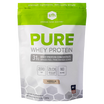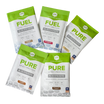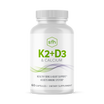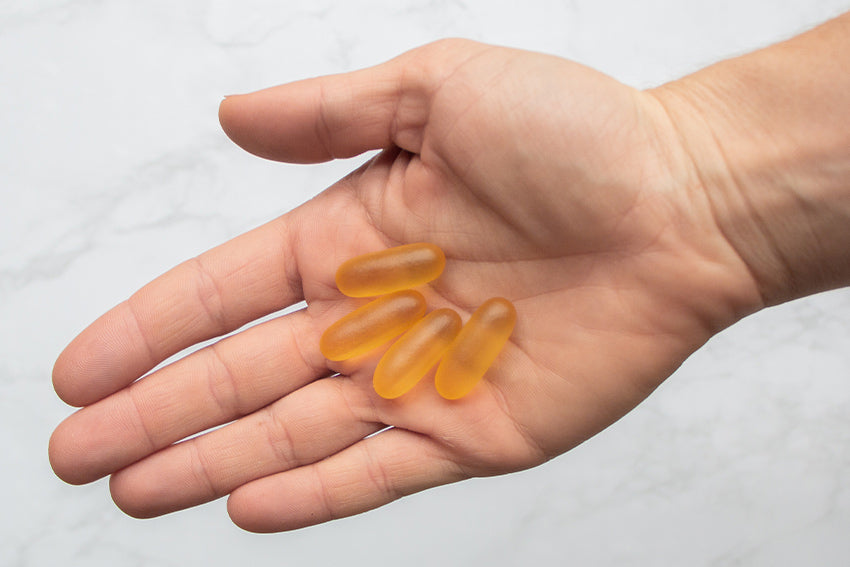You have a good relationship with your body. You give it what it needs to thrive, whether that be exercise, sleep, or proper food and nutrients. There are certain aspects that are common knowledge – vegetables and fruit are a better choice than deep fried Snickers bars. However, there are details that are a bit murkier when it comes to the fine points of diet and nutrition. One subject that is food for thought is sodium. How much do you really know about how sodium affects your body?
Diamonds may be a girl’s best friend, but according to the American Heart Association, the mineral sodium is more like your significant other. Sodium is essential to your muscles and controls your body’s fluid balance and nerve impulses. The body doesn’t need a whole lot of sodium to meet its needs, however, much like a couple that spends way too much time together, the average American consumes too much sodium via packaged and processed foods. You might be surprised to learn how sodium affects your body because you might not even add much salt to food.
It isn’t just table salt you sprinkle like tasty fairy dust on top, it is the hidden sodium that is already included in foods such as deli meat, pizza, soup, bread, chicken, burritos, and other delicious offenders, that is the culprit. In order to have a healthy relationship with sodium, the U.S. Centers for Disease Control and Prevention suggests limiting your intake to 2,300 milligrams per day. If you have a health issue, like heart disease you will want to curb your consumption even more.

If you like to exercise, important minerals can be lost when you sweat, including sodium. However, the amount you lose is minimal, so when it comes to your post-workout meals, you should literally take it with a grain of salt, if any. Unless you eat a completely clean, natural diet, adding a lot of salt back in is probably overkill. Having too much sodium in your system can be harmful. When looking at how salt affects your body, the heart is the main concern. According to Blood Pressure UK, an overload of salt can put a strain on your arteries, causing the muscles in the walls to thicken. This makes it more difficult for blood flow and limits oxygen from reaching vital organs. In addition, arteries can clog or burst, causing a heart attack. Clogged arteries in the brain can cause a stroke and oxygen reduction in the brain can cause dementia. If that hasn’t made you put the shaker down, too much salt can put undue stress on your kidneys and the World Cancer Research Fund and American Institute for Cancer Research concluded that salt and salty foods are the “probable cause of stomach cancer.”
Even if none of the above worries you, according to Women’s Health too much salt intake can cause water retention. Not to rub salt in your wounds, but bloating is not a good look, not to mention that sluggish feeling you get when your body isn’t operating at its peak level.
Though sodium is an important mineral that the body cannot function without, like most things in life, balance is everything. If you want to keep a check on your intake, a good way is to watch for hidden sodium in store-bought foods, or better yet, cook your own meals with fresh fruits and vegetables as well as lean proteins. Eating clean isn’t always possible, but limiting your consumption is a good place to help your body’s symbiotic partnership with sodium. Now that you know how salt affects your body, you can take steps to keep it in check.


















Leave a comment
This site is protected by hCaptcha and the hCaptcha Privacy Policy and Terms of Service apply.